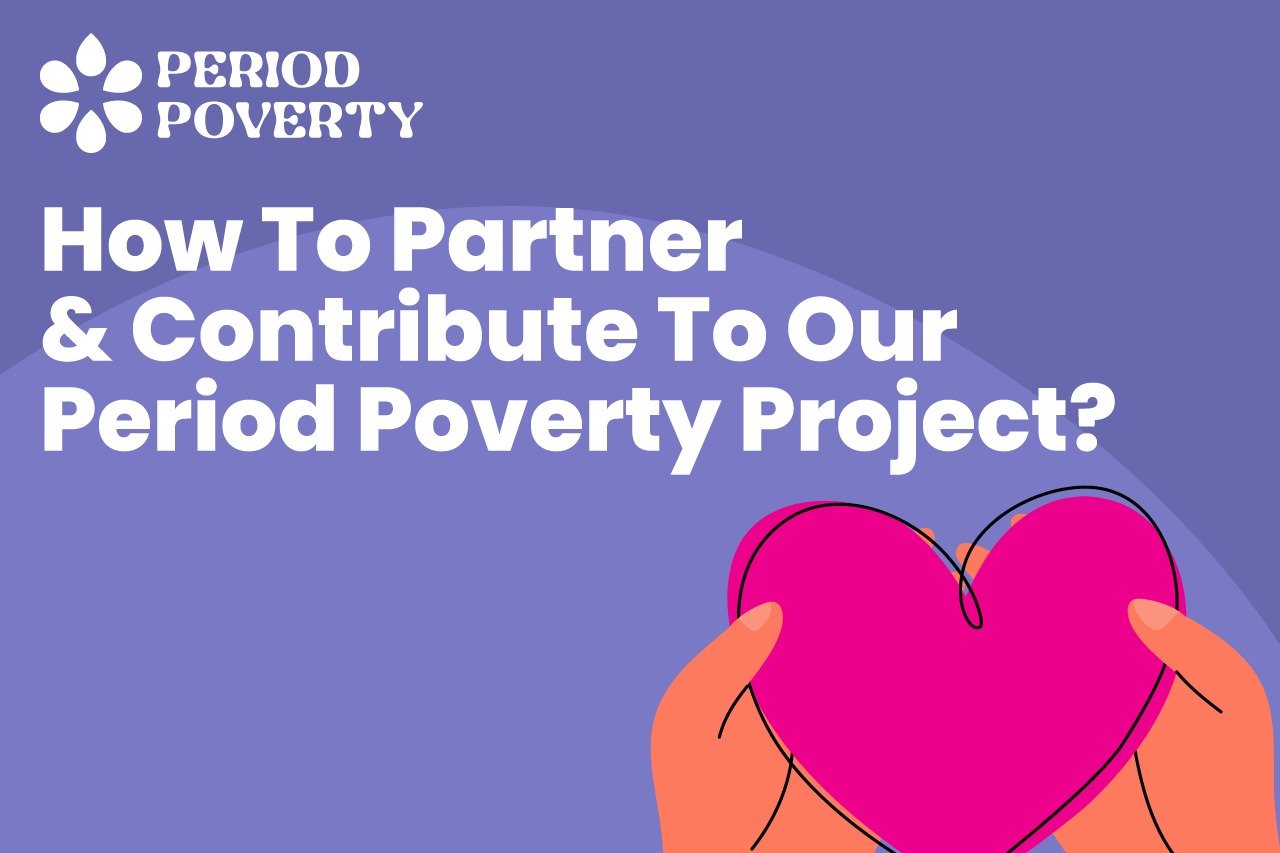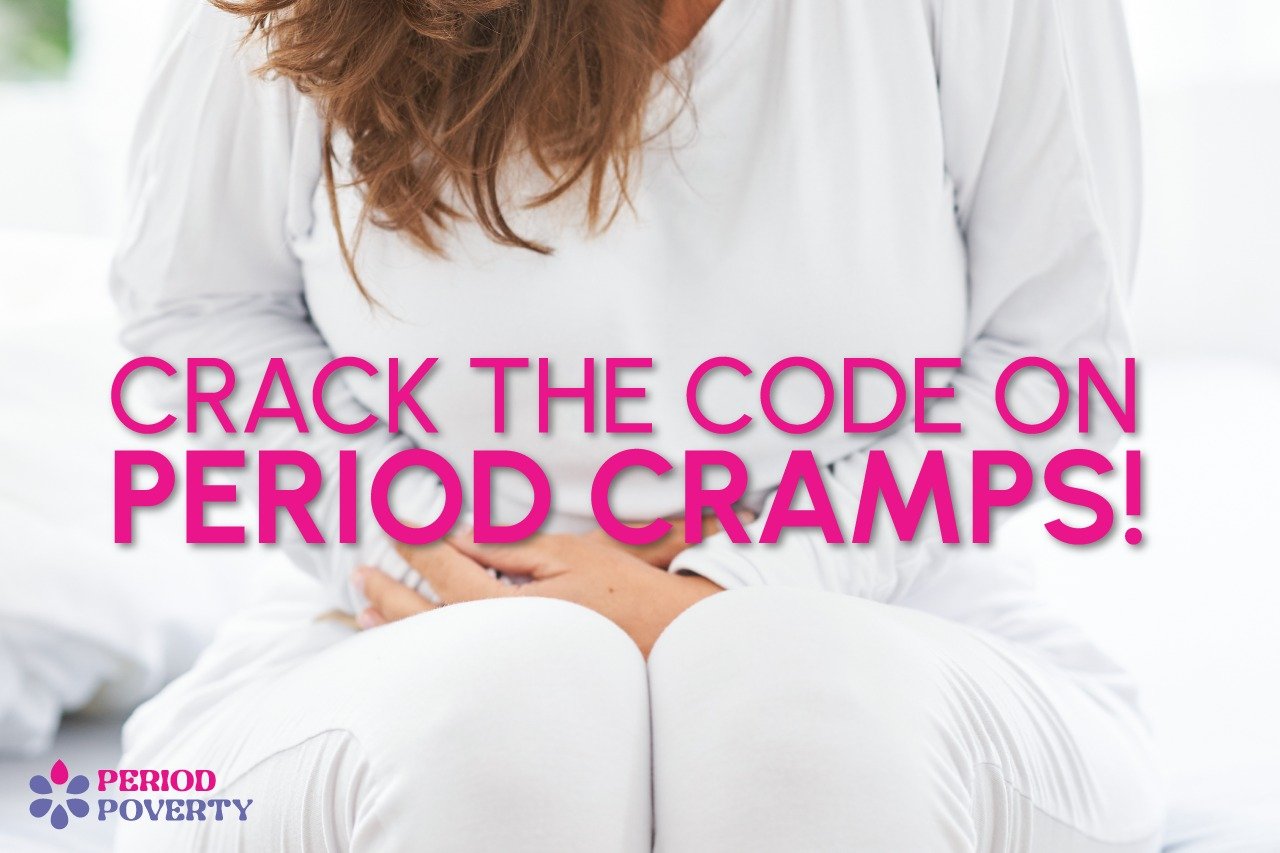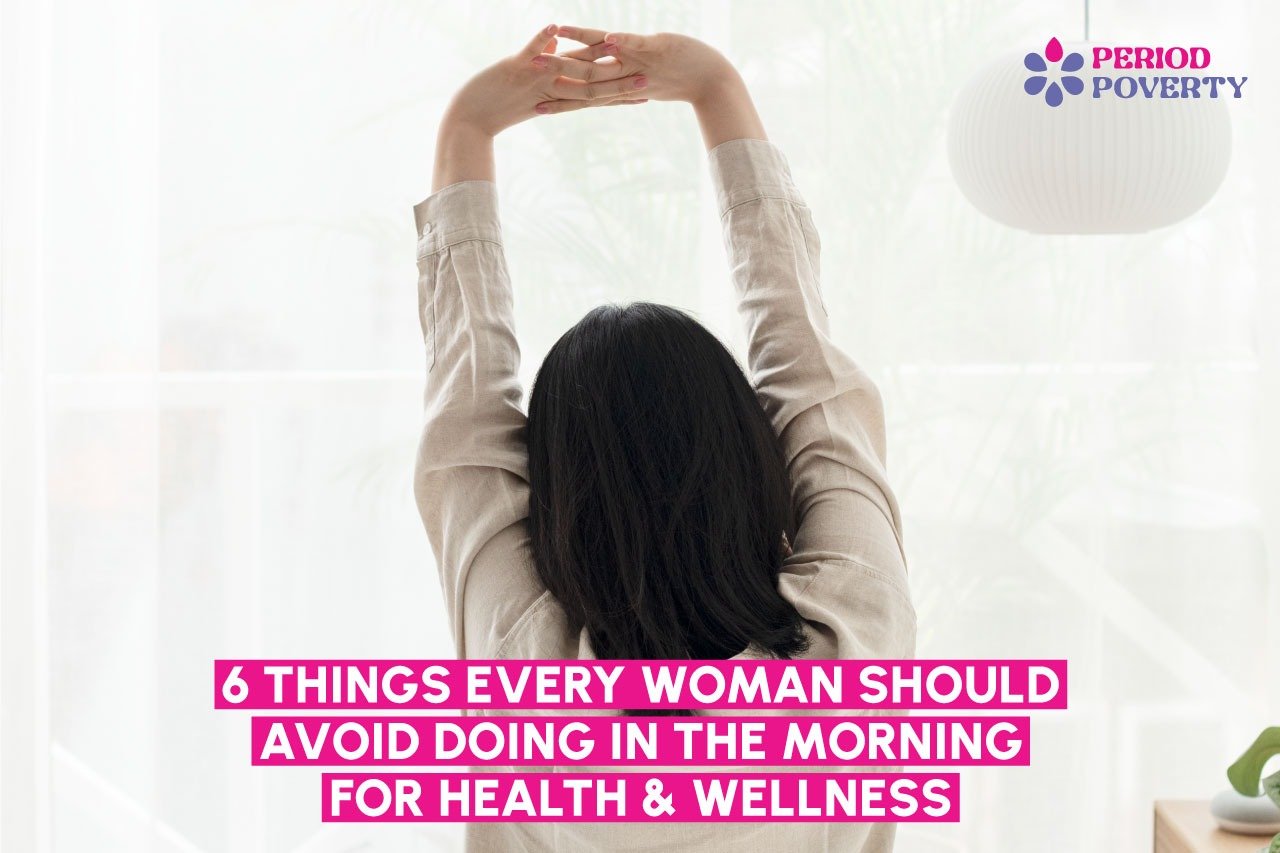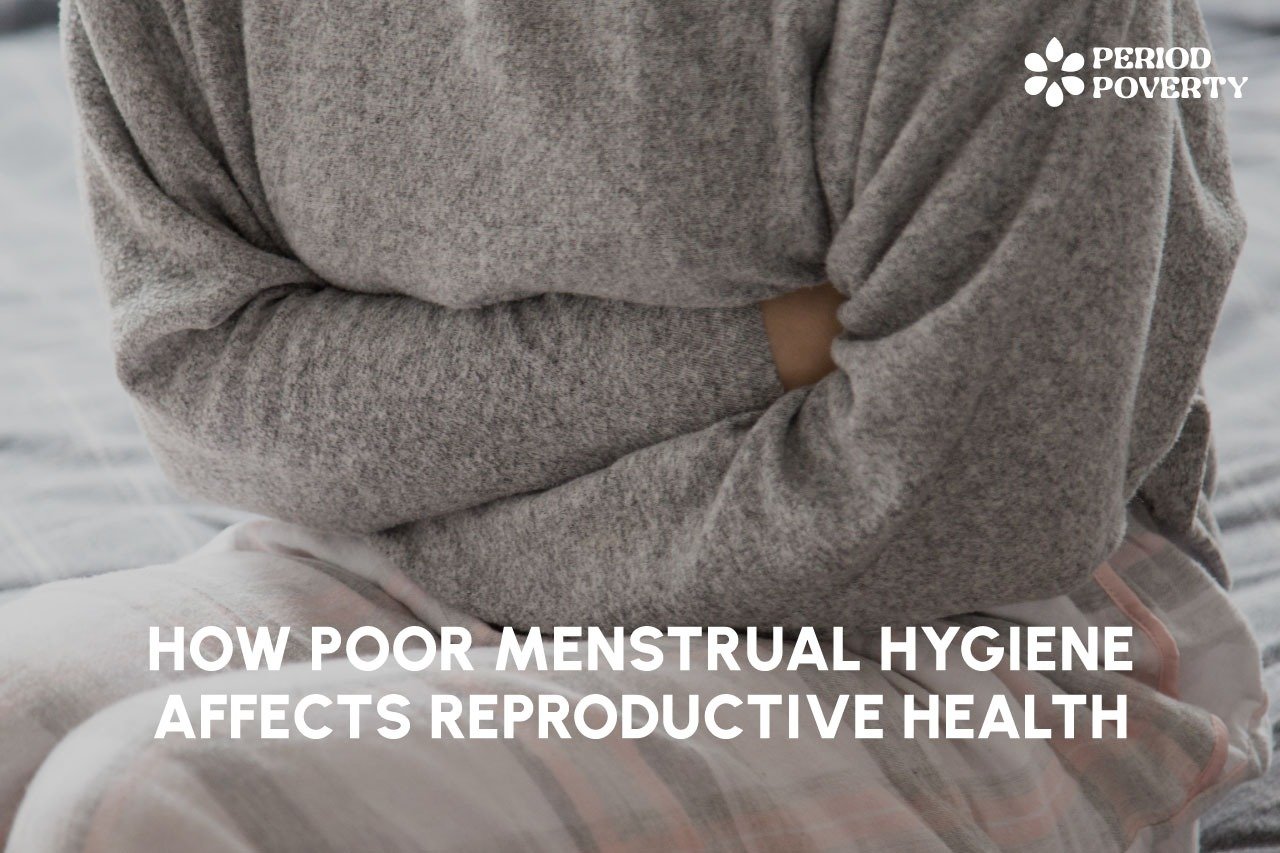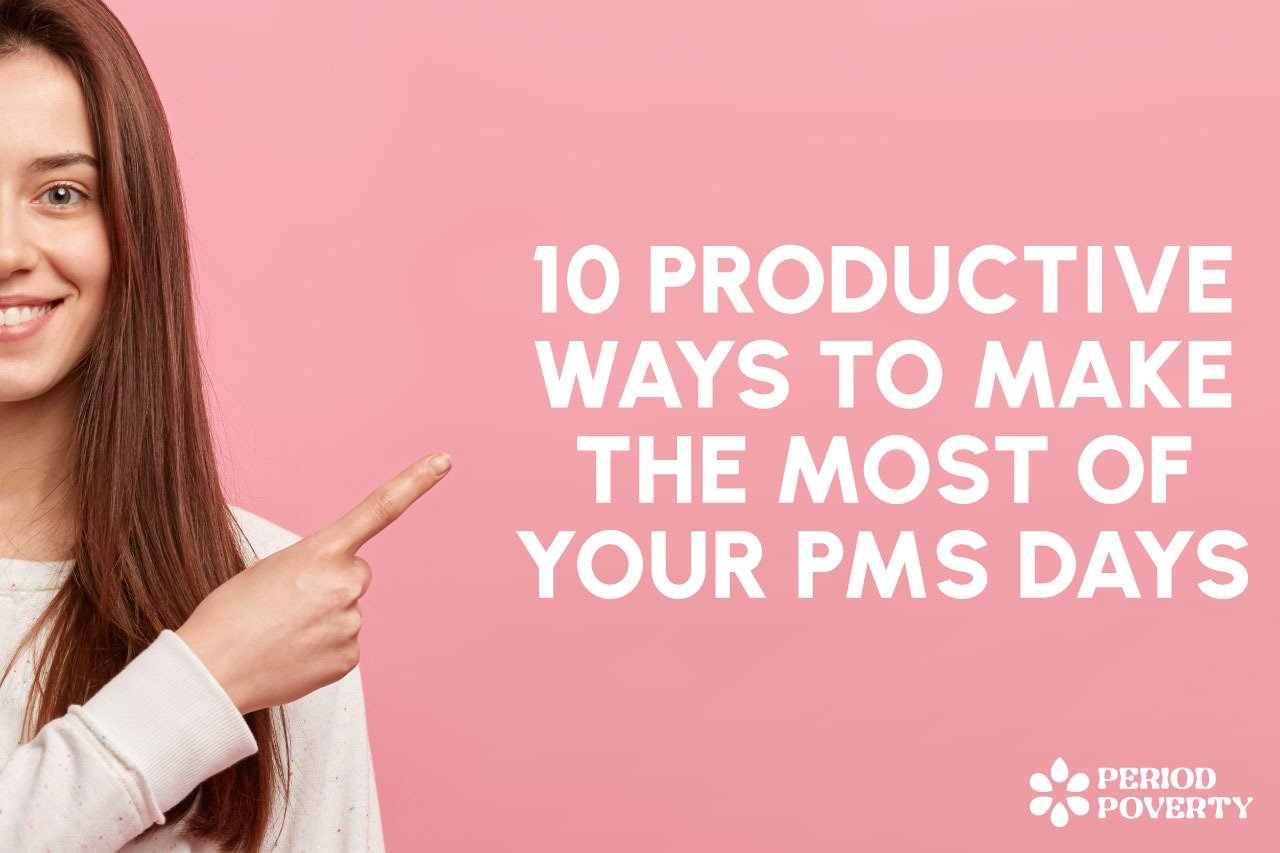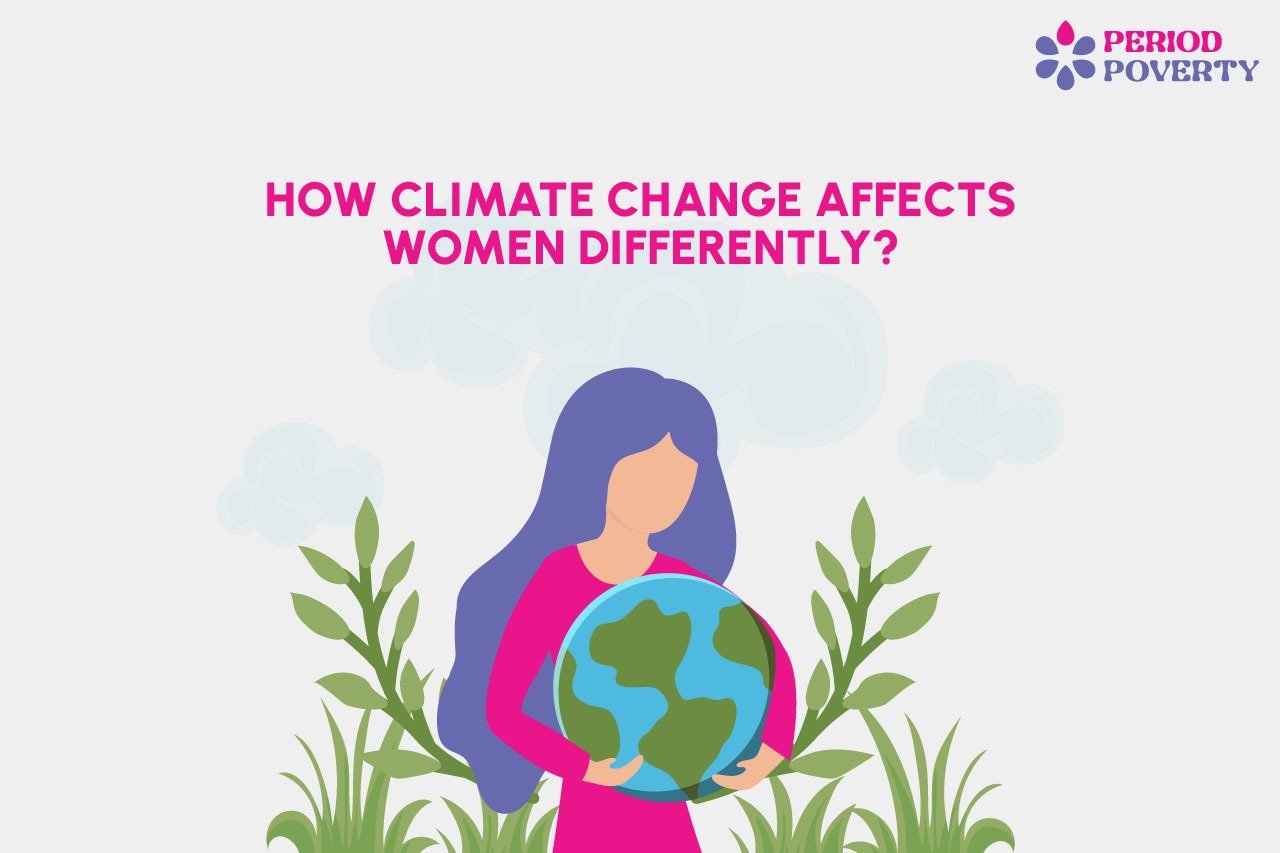Getting pregnant after the age of 35 is a topic that deserves careful attention and understanding. As more women choose to delay starting a family, concerns about fertility and age become increasingly relevant. Many misconceptions abound, leading to unnecessary anxiety and uncertainties. In this comprehensive guide, we aim to shed light on the reality of conceiving after 35, dispel common myths, and provide reliable information supported by scientific evidence. It is essential to recognize that age can impact fertility, but it does not eliminate the possibility of parenthood. Seeking accurate information and professional guidance is crucial for anyone navigating this journey, empowering them to make informed decisions and optimize their chances of achieving a healthy and successful pregnancy.
Understanding Fertility and Age
In women, the quantity and quality of eggs decline over time due to the aging of the ovaries. This can result in reduced fertility and an increased risk of chromosomal abnormalities, such as Down syndrome, when conception occurs. The impact of age on fertility is significant. According to the American Society for Reproductive Medicine (ASRM), a healthy woman in her 20s has about a 25-30% chance of getting pregnant each month. However, this rate starts to decline in the early 30s, with a drop to around 15% per month. By the age of 35, the monthly conception rate further decreases to approximately 10%. After 40, the chances of getting pregnant in any given month decline even further to about 5%. These statistics highlight the importance of understanding the age-related changes in fertility when planning to conceive.
Major Factors Affecting Fertility After 35
Lifestyle factors influencing fertility: Lifestyle choices can significantly impact fertility, particularly after the age of 35. A healthy diet rich in nutrients, antioxidants, and folate is beneficial for reproductive health. Maintaining a moderate exercise routine can help regulate hormones and improve overall well-being, but excessive exercise may negatively affect fertility. Stress management techniques, such as yoga or mindfulness, are essential as chronic stress can disrupt hormonal balance and interfere with ovulation. Avoiding tobacco, alcohol, and excessive caffeine intake is also recommended, as these substances can adversely affect fertility. Understanding the influence of lifestyle factors empowers individuals to make positive changes that support their reproductive goals.
Role of genetics in age-related fertility issues: Genetics play a vital role in age-related fertility issues for both men and women. Women are born with a finite number of eggs, and as they age, the quantity and quality of these eggs naturally decline due to genetic factors. This can result in challenges in conceiving and an increased risk of chromosomal abnormalities. Similarly, genetic factors can impact sperm production and quality in men as they age. Couples who have concerns about their genetic predisposition to fertility issues may benefit from genetic counseling to better understand their specific risks and options for family planning.
Preparing for Pregnancy
Preparing for pregnancy after the age of 35 requires proactive steps to optimize fertility and overall health. For individuals aged 35 and older who are considering pregnancy, it is essential to approach the journey with careful planning and attention to health. Firstly, consult with a healthcare provider or a fertility specialist to discuss any concerns or questions about age-related fertility issues. Understand that the time it may take to conceive can be longer than for younger individuals, so patience is vital. Maintaining a healthy lifestyle, including a balanced diet, regular exercise, and stress management, is crucial for optimizing fertility. Additionally, individuals should be mindful of their reproductive window and consider starting their family sooner rather than later to allow ample time for conception and any potential fertility treatments. Remember, with the right approach and support, age need not be a barrier to achieving a successful and fulfilling pregnancy.
Seeking Professional Help
Consulting a fertility specialist is recommended for individuals over 35 who have been trying to conceive for six months or more without success. Fertility specialists can conduct comprehensive evaluations, including hormone assessments, semen analysis for male partners, and imaging tests to assess reproductive health. They can also provide personalized treatment plans based on individual circumstances. These treatments aim to address specific fertility challenges and increase the chances of successful conception. Common fears and concerns related to seeking medical assistance may include worries about the invasiveness of treatments, financial burdens, and potential emotional strain. Seeking professional help can offer valuable insights and guidance, bringing hope and clarity to the journey toward parenthood.
Emotional and Psychological Aspects
Trying to conceive after the age of 35 can be an emotionally charged experience for many individuals and couples. As the biological clock ticks, feelings of urgency, anxiety, and frustration may arise due to the awareness of age-related fertility challenges. There might be a sense of pressure to conceive quickly, leading to increased stress and disappointment with every unsuccessful attempt. This emotional journey can be complex and overwhelming, often impacting self-esteem and relationships. However, it is crucial to remember that these emotions are entirely normal and that seeking emotional support is an essential part of the process. Practicing self-compassion, seeking support, and prioritizing mental well-being can make the journey more manageable and enriching, regardless of the outcome.
Nutrition and Exercise for Fertility
Maintaining a healthy diet can significantly impact fertility. For enhancing fertility, consuming a balanced diet rich in fruits, vegetables, whole grains, lean proteins, and healthy fats is recommended. Including foods with antioxidants, such as berries, spinach, and nuts, can help protect eggs and sperm from oxidative stress. Additionally, getting enough folic acid and iron through foods like leafy greens and legumes is crucial for reproductive health. Avoiding trans fats and processed sugars is essential, as these can negatively affect hormone levels and ovulation. In terms of exercise, moderate physical activity can support reproductive health. Engaging in activities like walking, swimming, or yoga can help manage stress and promote hormonal balance. However, it is crucial not to overexert, as excessive exercise can impact ovulation. Both being underweight and overweight can affect hormone production and disrupt menstrual cycles, reducing the chances of conceiving.
In conclusion, understanding the factors surrounding fertility after 35 is essential for anyone considering parenthood at this stage of life. The natural decline in fertility with age, the impact of medical conditions, and lifestyle choices can all influence the conception journey. Seeking professional advice and pre-pregnancy health check-ups are critical steps in optimizing fertility and making informed decisions. Coping with the emotional aspects of trying to conceive after 35 is equally vital, and seeking support through counseling or support groups can provide valuable solace. Remember that every individual’s fertility journey is unique, and seeking personalized advice from fertility specialists is key to tailoring an approach that fits specific needs. Don’t be afraid to share experiences and join conversations about fertility after 35, as supporting and learning from each other can foster hope and understanding throughout this transformative chapter.

